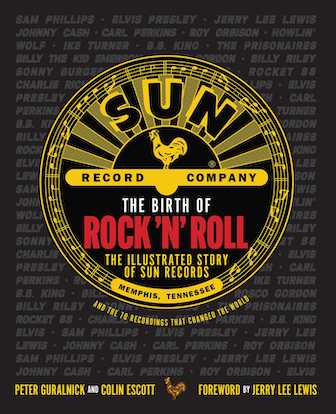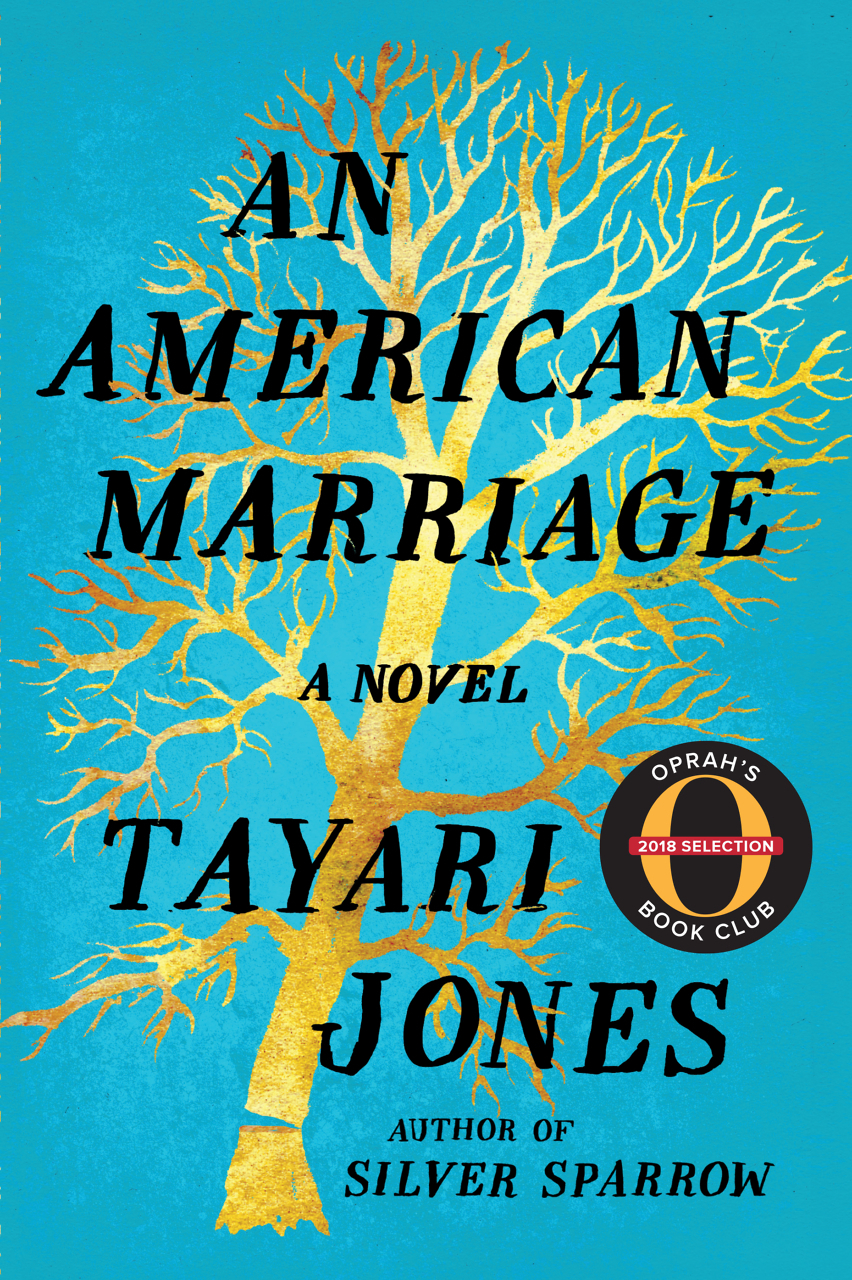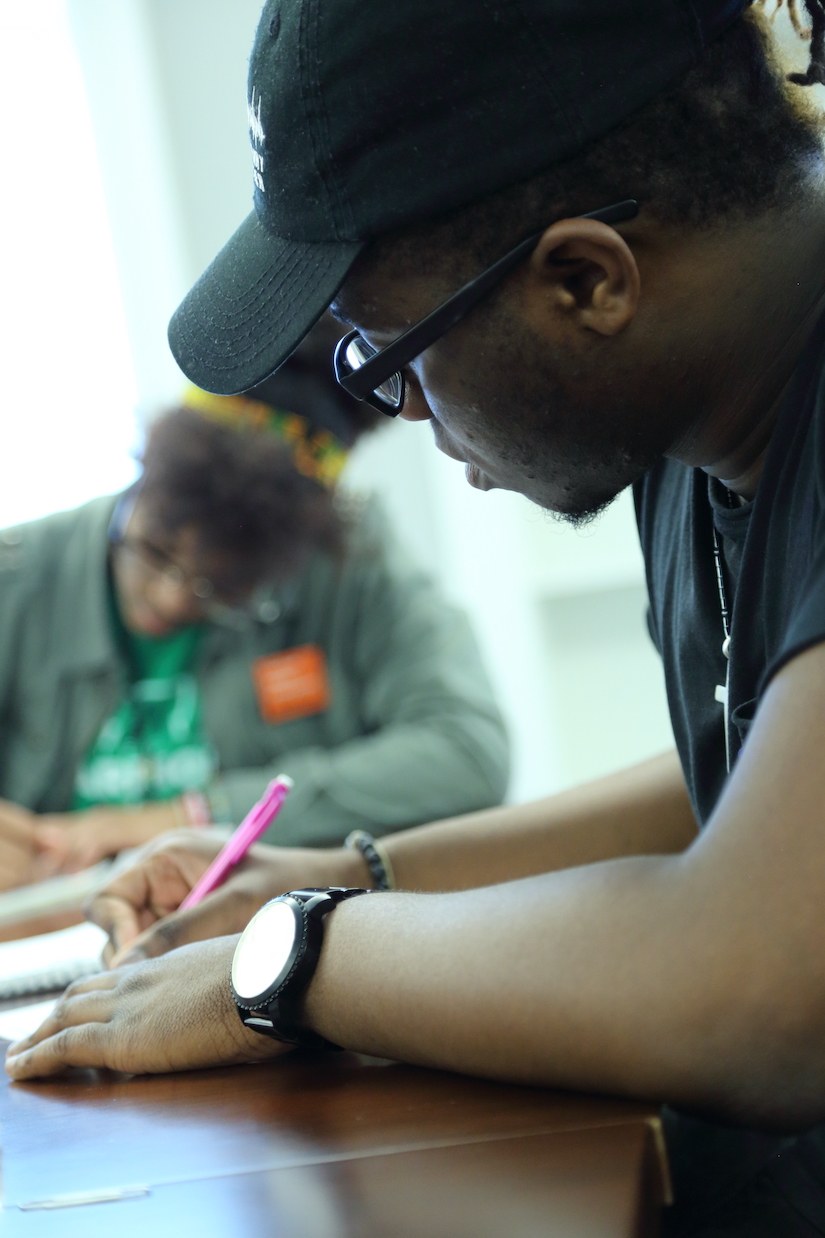A Writer’s Influence
As Richard Bausch prepares to leave Memphis, Chapter 16 pays tribute to the generosity of a beloved author and teacher
In the summer of 2010, I got an email from Margaret Renkl, the editor here at Chapter 16. “I can’t believe he does this,” she wrote. “You should apply.” Attached was a press release about the Moss Fiction Workshop, a free, semester-long writing class held each year at the University of Memphis and open only to non-students. Anyone could apply, and admission was based solely on a writing sample. The “he” of Margaret’s message was the workshop’s instructor, Richard Bausch—a brilliant, prolific writer of short stories and novels, whose work draws devoted fans and consistent critical praise. Bausch also enjoys a reputation as a phenomenal teacher, in both his faculty position at the university and at top-tier writers’ conferences like Sewanee and Breadloaf. All of which is to say that Margaret’s amazement was understandable: writers like Bausch rarely give away big chunks of their time to community workshops. This was a unique chance to learn from one of the very best, and it wouldn’t cost a dime.
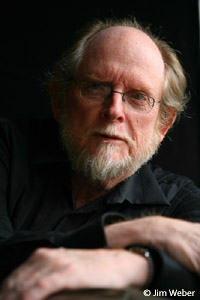 I took Margaret’s advice and was admitted, and what I remember best about getting ready to drive to Memphis for the first class is how terrified I felt. I had been writing freelance features and reviews for years, but I had not a single fiction publication to my credit, and I had even been told in a writing class I took years ago that I would never make it as a fiction writer. I read over the pages I had submitted and was mortified. What I’d written seemed flawed and inadequate in every way—in a word, hopeless.
I took Margaret’s advice and was admitted, and what I remember best about getting ready to drive to Memphis for the first class is how terrified I felt. I had been writing freelance features and reviews for years, but I had not a single fiction publication to my credit, and I had even been told in a writing class I took years ago that I would never make it as a fiction writer. I read over the pages I had submitted and was mortified. What I’d written seemed flawed and inadequate in every way—in a word, hopeless.
But then, as the class met each week and we all read through our work with Bausch, that feeling of hopelessness (which, I discovered, afflicted many in the group) fell away. We didn’t start believing our work was perfect. In fact, I think we all saw far more flaws than we had ever noticed before. But listening to Bausch talk about the beauty and the value of storytelling, even as he gently pointed out the failures of our own attempts at it, inspired in us a passion to keep working, and a faith that it would in the end be worth the effort. Miraculously, he made the whole business seem like huge fun—deeply difficult fun, to be sure, but something that is still fundamentally joyful, and, as he often says, a lovely adventure.
That gift for awakening creative passion in novice writers seems to be a sort of second vocation for Bausch, a complement to his own literary genius. Since he arrived in Memphis in 2005, he’s encouraged dozens of writers through the Moss workshop, and their work is making its way into the world. Courtney Miller Santo’s debut novel, The Roots of the Olive Tree, is due in August from William Morrow, and she has signed a contract with the publisher for a second book. When she applied to the workshop in 2006, Santo was a stay-at-home mom doing a little journalism work on the side. “I always thought of myself as a writer,” she says, “but I was just too practical to do anything about it.” With Bausch’s encouragement, she returned to school and earned an M.F.A. in creative writing—a degree she hadn’t even known existed—and she now teaches at the University of Memphis while pursuing her budding career as a novelist. She credits Bausch not only for his support, which she describes as “selfless,” but also with providing an example to follow. “Having that opportunity to be in the workshop with him and see what a writer is—not the Hollywood version of a writer, but a real writer—made my dreams seem possible.”
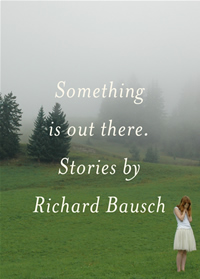 Bausch doesn’t confine this magic to his workshops. Playwright Jerre Dye was, he says, “doing a million different things and not giving my writing self the time and energy it was due” when he met Bausch in 2009. Bausch attended a performance of Dye’s play Cicada at TheatreWorks in Memphis and approached him afterward. “He said, ‘So, you’re a writer,’” Dye recalls. “I was incredibly flattered, and it changed my perspective. In that way that only he can do, he welcomed me into the fold.” Bausch not only encouraged Dye personally, but also brought Cicada to the attention of Pulitzer prize-winning playwright Beth Henley, who chose Dye as the recipient of the 2011 Bryan Family Foundation Award for Drama, given by the Fellowship of Southern Writers. Like most of the writers who have benefited from Bausch’s support, Dye marvels at his generosity. “I owe him an enormous debt of gratitude,” says Dye, “and yet he wants nothing.”
Bausch doesn’t confine this magic to his workshops. Playwright Jerre Dye was, he says, “doing a million different things and not giving my writing self the time and energy it was due” when he met Bausch in 2009. Bausch attended a performance of Dye’s play Cicada at TheatreWorks in Memphis and approached him afterward. “He said, ‘So, you’re a writer,’” Dye recalls. “I was incredibly flattered, and it changed my perspective. In that way that only he can do, he welcomed me into the fold.” Bausch not only encouraged Dye personally, but also brought Cicada to the attention of Pulitzer prize-winning playwright Beth Henley, who chose Dye as the recipient of the 2011 Bryan Family Foundation Award for Drama, given by the Fellowship of Southern Writers. Like most of the writers who have benefited from Bausch’s support, Dye marvels at his generosity. “I owe him an enormous debt of gratitude,” says Dye, “and yet he wants nothing.”
Bausch’s generosity has been a tremendous gift to the creative community in and around Memphis, and all of us who are lucky enough to have entered his orbit were saddened by the recent announcement that he will be leaving this summer to take a job at Chapman University in California. While we wish him all the best and look forward to reading more of his own brilliant work, we’ll miss his kindness and wise counsel, not to mention his awesome joke-telling. When he delivers his farewell reading tomorrow at the University of Memphis, many of us will be there, remembering the help he gave so graciously, and promising ourselves that we will, as he always told us we must, write like all hell.
Richard Bausch will give his farewell reading at the University of Memphis on April 25 at 8 p.m. in the University Center Theater, Room 145. Click here for event details, and click here to read Maria Browning’s interview with Richard Bausch about the craft of fiction.
